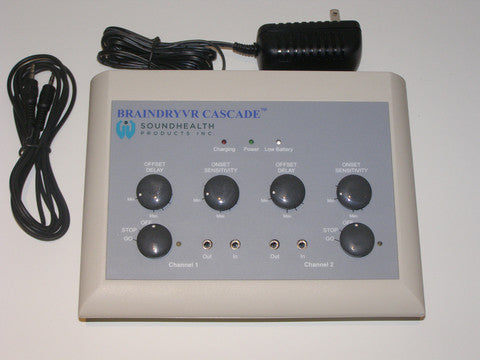Neurofeedback is an advanced technique that assists individuals handle stress and enhance their mental health. It is based on the concept that people can learn to regulate their brain function through immediate feedback. This process involves using electrodes placed on the head to measure brain activity. The data is then displayed on a monitor, allowing individuals to see their brain activity and implement adjustments to promote relaxation and concentration. By harnessing the power of neurofeedback, people can cultivate better coping strategies for stress and enhance their overall mental health.
One of the key benefits of neurofeedback is its capacity to reduce stress. When individuals face stress, their brain patterns often become erratic, leading to emotions of anxiety and tension. Neurofeedback training helps individuals identify these trends and learn how to alter their brain activity to a more balanced state. This can be especially helpful for those who struggle with anxiety disorders or chronic stress. By engaging in neurofeedback, individuals can gain a greater sense of mastery over their mental state, leading to improved emotional control and resilience.

In furthermore to stress relief, neurofeedback can also improve mental health. Many people report feeling more focused and energized after taking part in neurofeedback treatments. This is because the training assists to maximize brain function, allowing individuals to think more clearly and take better choices. Enhanced focus can lead to increased productivity in school or work, as well as improved relationships with peers. As individuals discover to manage their stress and enhance their cognitive neurofeedback for performance analysis abilities, they often undergo a lift in self-esteem and overall life satisfaction.
Neurofeedback is not just for those with mental health issues; it can also aid anyone seeking to enhance their mental performance. Athletes, students, and professionals can all use neurofeedback to enhance their focus and mental sharpness. For example, athletes may use neurofeedback to improve their focus during competitions, while students can gain from enhanced attention during exams. By training the brain to operate at its optimal, individuals can achieve their goals more effectively and experience a greater sense of accomplishment.
Overall, neurofeedback is a powerful tool for stress control and mental health. It offers a unique approach to understanding and regulating brain function, allowing individuals to seize control of their mental health. As more people become aware of the benefits of neurofeedback, it is likely to gain recognition as a valuable resource for enhancing mental performance and promoting emotional resilience. By investing time in neurofeedback training, individuals can unlock their capabilities and lead more balanced, more fulfilling lives.